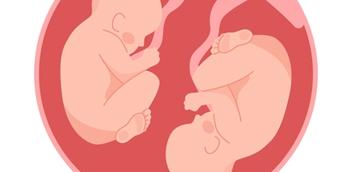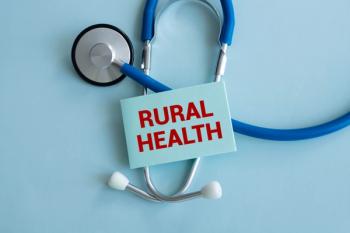
The Role of Pregnancy in Cardiovascular Disease
The number of live births a woman has had may indicate her risk of heart disease, adding to evidence that body changes in pregnancy play a role in cardiovascular disease.
Early signs of cardiovascular disease is twice as likely among women who gave birth to four or more children, compared with those who had two or three children, researchers explained during a presentation at the American College of Cardiology’s annual scientific session in March.
Women with four or more children were significantly more likely to have evidence of plaque in their heart or thickening of arteries, the researchers reported. But the study of 1,644 women also revealed that those who had zero or one live birth were also more likely to show evidence of subclinical atherosclerosis.
Pertinent Points
- Early signs of cardiovascular disease is more likely for women who gave birth to four or more children, compared with those who had two or three children, according to recent research.
- In addition, women with zero or one live birth were also at increased risk for early signs of cardiovascular disease.
"This is not a recommendation for women to only have two or three children," said Monika Sanghavi, MD, chief cardiology fellow, University of Texas Southwestern Medical Center, and lead investigator of the study, in a news release. "Our findings add to the growing body of evidence that the changes associated with pregnancy may provide insight into a woman's future cardiovascular risk and deserves further attention."
Among the women, the average age at the time of analysis was 45 years, and 55% were African American, the authors reported. The researchers calculated coronary artery calcium scores using CT imaging and measured aortic wall thickness using MRI. The women were all participants in the Dallas Heart Study, and the tests were standard for all study enrollees.
Women who had four or more live births had about a two-fold increased risk of having one abnormal test result, compared with women who had two or three live births. The association remained after adjusting for socioeconomic status, education, race, and factors known to heighten the risk of cardiovascular disease. Still, women who had more babies were more likely to be older, Hispanic, have high blood pressure, higher body mass index, and lower socioeconomic status.
The findings may help identify women who are at increased risk for heart disease, the authors noted. However, more research is needed to confirm the findings and explore the reasons behind the results.
Newsletter
Get the latest clinical updates, case studies, and expert commentary in obstetric and gynecologic care. Sign up now to stay informed.









